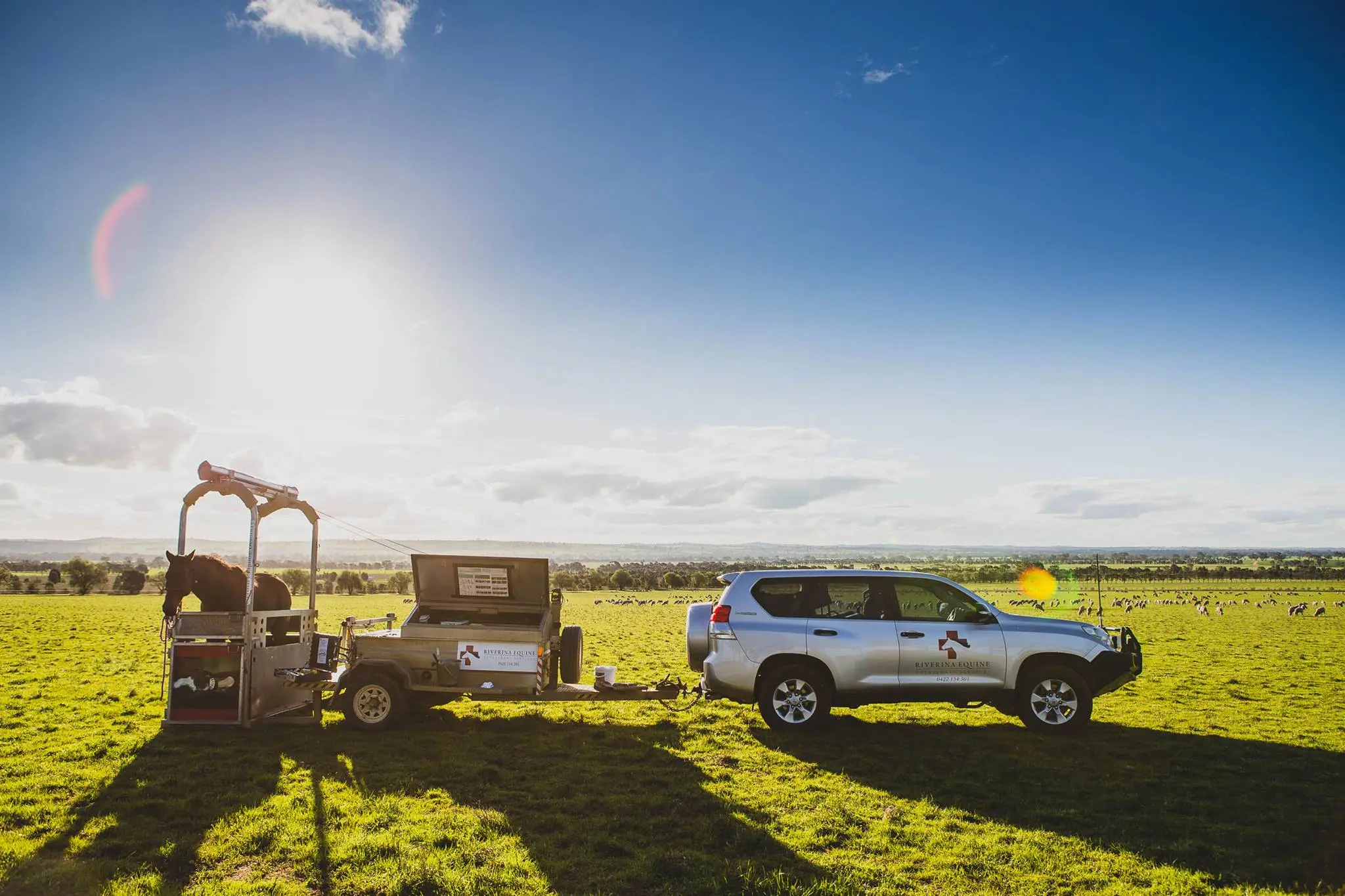Choke

Resources / Choke
CHOKE (OESOPHAGEAL OBSTRUCTION) IN HORSES
Choke is a relatively common condition that occurs when food or a foreign body blocks the horse’s oesophagus (gullet), which is the tube that takes food from the back of the mouth to the stomach. The choke may be partial or complete.
What causes choke?
Dry, coarse feeds such as hay, or feeds which swells rapidly once chewed (typically beet pulp) are common causes of choke. Greedy horses or older horses with missing teeth or other dental disorders such as wave mouth might not chew their food properly before swallowing, making them especially prone to developing choke. Horses which have been sedated for any reason should not be allowed to eat while under the influence of sedation because of the risk of choke.
What are the signs of choke in horses?
- Saliva and feed material running from nostril and/or mouth
- Coughing & gagging
- Depression
- Apparent difficulty swallowing
- Stretched out neck
If the condition has gone unnoticed, the horse may become dehydrated and severely depressed. If the oesophagus ruptures, death may follow due to shock and infection. Fortunately, this is not common. Although many cases clear on their own, if you think your horse has choke, call us immediately.
How is the diagnosis of choke confirmed?
A stomach tube is passed via a nostril into the oesophagus to confirm that something is obstructing passage into the stomach. This allows the vet to determine at what level the blockage has occurred, how solid it feels and if it can be gently encouraged to pass on into the stomach.
How is choke treated?
In most cases, saliva continually produced in the mouth lubricates the offending obstruction, eventually allowing its passage to the stomach. We often help speed resolution by administering a sedative or a spasmolytic injection to help relax the oesophagus. Sometimes, this is all that is required. In other cases the obstruction can be gently encouraged to move on down into the stomach with the help of the stomach tube. If this cannot be achieved easily, the horse can be sedated and the obstruction flushed with water and lubricant via the stomach tube. Once the choke is cleared the horse should be fed sloppy feeds or grass for several days to allow any local swelling to subside.
What are the possible complications?
- Oesophageal rupture
- Aspiration pneumonia: Whilst choking, the horse may aspirate (breath in) fluid and/or food material into the trachea (windpipe) and lungs causing infection in the days following an episode of choke, which may be fatal.
Can I prevent choke?
The most important management considerations are:
- Soak dried foodstuffs thoroughly to allow them to swell before they are eaten and swallowed
- Regular routine dental care to allow the horse to chew food thoroughly and effectively before it is swallowed. Injuries to the insides of the cheeks, caused by sharp teeth, will cause discomfort and may discourage a horse from chewing food properly.
- Provide permanent access to clean water to encourage the horse to drink normally.
- Some horses choke on a particular feed and once this is recognised, access should obviously be avoided.
Contact your vet immediately if your horse has choke. Prompt veterinary attention can help reduce the risk of potential complications.
